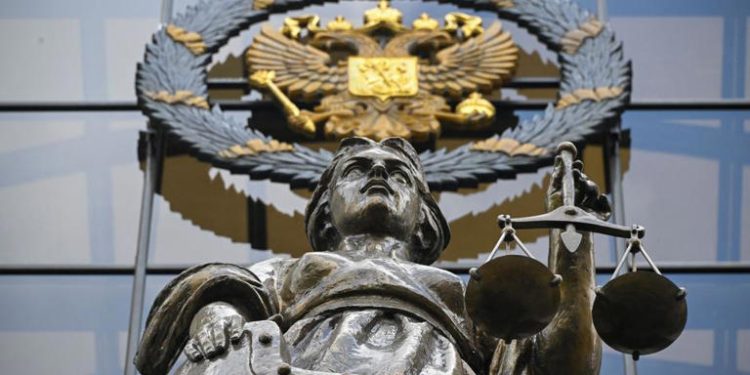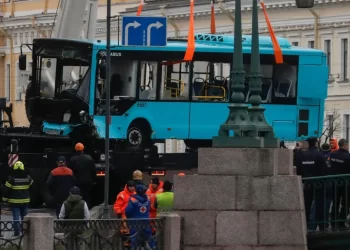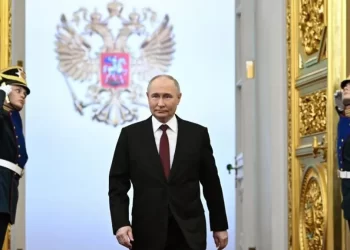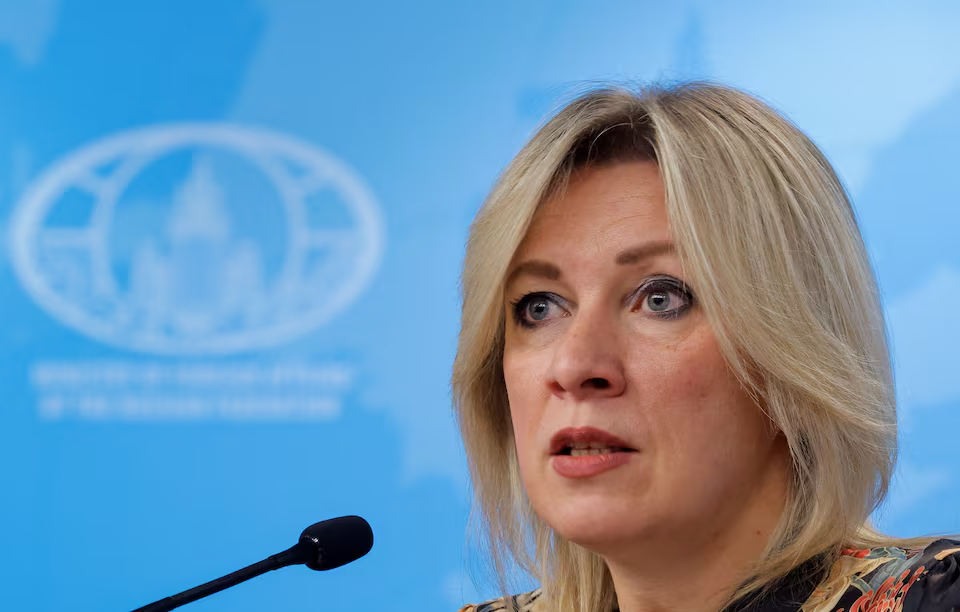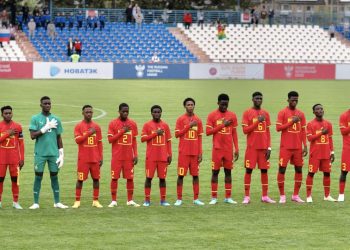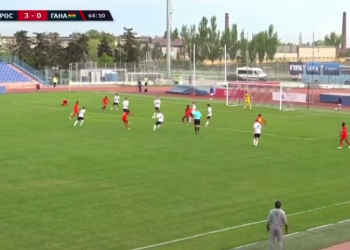Russia’s Supreme Court has classified the LGBTQ+ “movement” as extremist, effectively banning any related activism.
Critics say the opaque decision could mean widespread persecution.
In response to a classified motion brought by the Justice Ministry, on November 30 Russia’s Supreme Court classified the “international LGBT social movement” as an “extremist” organization, effectively banning any related activism. As the meeting took place behind closed doors, the exact wording of the decision is not publicly known.
“The state wants to prevent people from preparing themselves and finding out whether their activities are prohibited or not,” Maxim Olenichev, a lawyer for the human rights project Pervy otdel (First Department), told DW.
Advocates fear that human rights movements and activists who use LGBTQ+ symbols, make donations or otherwise support “nontraditional” values may now face persecution. A provision concerning “structural organizations,” which could mean all groups connected to LGBTQ+ issues in Russia, will take force on January 10.
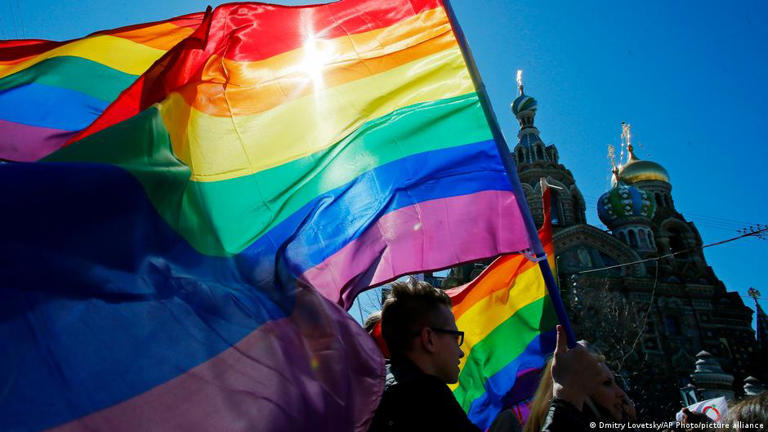
With the wording of the decision unpublished, the people affected must fear the maximum penalties possible for members of organizations deemed extremist by the Kremlin: a prison sentence of up to 12 years.
The law also penalizes the display of banned symbols. On the first offense, the display of banned symbols is punishable by a fine of 1,000 to 2,000 rubles (€10-€20/$11-$21) or administrative detention of up to 15 days. The second violation is punishable by up to four years in prison or a fine of 600,000 to 1 million rubles.
“What falls under the banned symbols should be specified in the court decision,” Olenichev said. “It is therefore still unclear whether the rainbow flag is banned or not.”
As the Justice Ministry’s case had no defendant, Olenichev said, there is no person who has legal standing to lodge an appeal.
In November, activists registered an organization called the International LGBT Social Movement, using the exact wording of the ban for the group’s name, to lodge a complaint against the Justice Ministry’s motion to the Supreme Court, but they were simply ignored.
Many LGBTQ+ activists have left as Russia has grown increasingly hostile, including employees of Center-T, an initiative that supports transgender people. However, some activists who cannot carry out their work online are still in Russia.
“This is emergency aid, for example emergency accommodation for people who are persecuted because of their identity or orientation or who have been thrown out of their homes,” said Center-T leader and founder Jan Dvorkin, who is no longer based in Russia. “For safety reasons, we will no longer advertise such services.”
But meetings between community members and psychologists will continue online.
“We will probably hold our conferences without a video link and only with well-vetted participants,” Dvorkin said.
The members of Sfera, which has been campaigning for LGBTQ+ rights in Russia since 2011, are now also evaluating the risks.
Ekaterina Dikovskaya, the head of the group’s legal aid project, told DW that her team is partly based abroad and most work takes place in a secure online format.
She said the law posed threats to LGBTQ+ people and advocates, as well as to people who support them.
“There is a risk of criminal proceedings against members of our team and people who work with them, but also against our donors,” she said.
Rosa, a queer photographer from Vyborg, has decided to stay in Russia. She is closely following discussions by lawyers on social networks to avoid panic and assess the risk of further repression. “I still don’t know how I can protect others, because I publish stories about LGBT people in foreign media,” she said. “At the moment, it’s unclear whether their faces should be blurred in photos.”
Boosting Putin’s reelection?
Ahead of the Supreme Court decision, presidential spokesman Dmitry Peskov said the Kremlin had no involvement in the Justice Ministry’s call for LGBTQ+ movements to be reclassified as extremist. However, with President Vladimir Putin expected to announce his candidacy for a fifth term soon, some LGBTQ+ activists say the ban could be an attempt to boost his reelection campaign by making “traditional family values” a key issue.
Ivan Zhdanov, the head of imprisoned opposition leader Alexei Navalny’s Anti-Corruption Foundation, wrote on Telegram that the Kremlin wants to distract the public from real problems and, in view of Russia’s increasing international isolation, “create mythical enemies and discriminate against the population for various reasons.”
In 2013, Putin signed what is now called the “gay propaganda” law, banning the “promotion” of “nontraditional sexual relations” to minors.
In 2020, same-sex marriage was banned. In 2022, “LGBT propaganda” was banned for adults, as well. And, in 2023, the distribution of any content that Russian authorities deem to “promote nontraditional sexual relations” was also banned, forcing publishers, bookstores, libraries and film platforms to remove any mention of same-sex relationships under threat of fines. Gender-affirming care and official name changes for transgender people was banned for adults.

